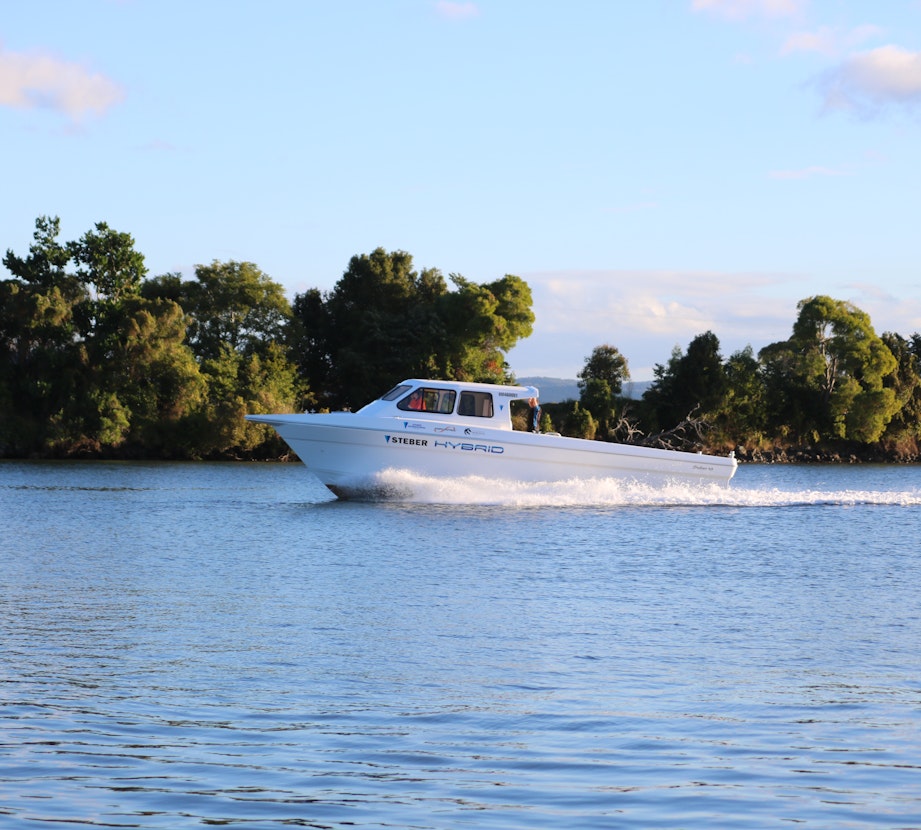
Creating a breakthrough off-grid water purifying system for use in remote Indigenous communities.
Background:
Partnering with Aurecon, we were to apply our engineering expertise to address accessibility hurdles disabling clean groundwater water supply to 694 locations nationwide. We were tasked with creating a cost-effective and reliable solution that would ensure 40,000 affected Indigenous Australians could access a potable supply in line with Australian Drinking Water Guidelines.
The first installation of the Gilghi unit was to be completed for the community of Gillen Bore, NT, who were relying on transported water due to the high salinity, hardness and low pH levels of their local bore water.
Solution:
With a range of configurations, the Gilghi (meaning “water” or “place of water” in the Barkindji Indigenous language) is a breakthrough water system that uses advanced filtering technology and solar power to provide a potable supply to remote communities.
Gilghi adopts a ‘plug and play’ approach, with all components of the plant prototyped, assembled, connected and tested at our facility in Newcastle, NSW. It is housed in a standard shipping container which only requires truck transportation and a forklift to install.
The Gilghi system is scalable and can filter and treat up to 28kL of water per day in a standard module. The treatment components, such as UV treatment, Fe/Mn removal, and reverse osmosis, can also be added or removed. Gilghi innovatively combines renewable energy requirements with water treatment and sanitisation to improve access to sustainable clean drinking water for Indigenous communities.
Outcome:
Gilghi provides a compliant and sustainable water supply for remote and Indigenous communities in Australia, as well as developing nations where access to the grid or water sanitation is limited or non-existent.
The Gilghi unit demonstrates a new way of delivering small scale, deployable water treatment with integrated power that can lower the cost of transporting quality water to remote communities. It facilitates meaningful progress towards providing clean drinking water for all people, regardless of proximity to city and regional areas.






